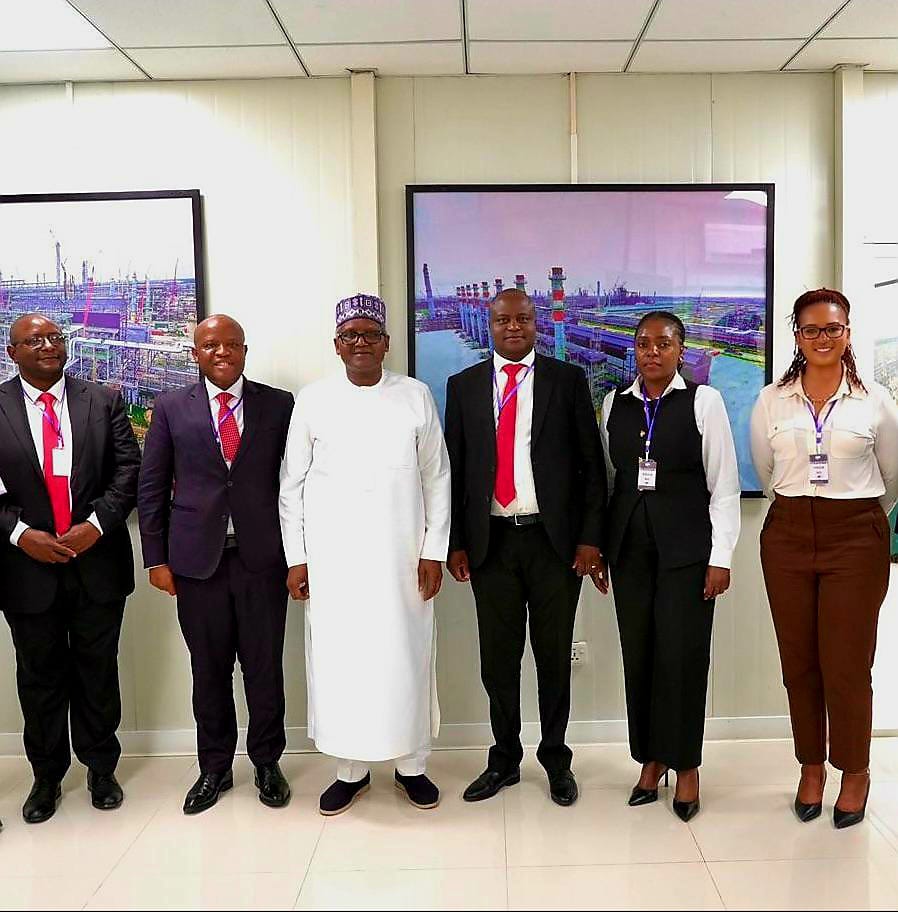THE private sector should drive implementation of the African Continental Free Trade Area (AfCFTA) and be at the forefront of lobbying for harmonisation of trade laws as they are major beneficiaries of the deal, the Zimbabwe National Chamber of Commerce (ZNCC) has said.
Creating an enabling domestic environment is critical towards ensuring success of the historic continental trade agreement. President Emmerson Mnangagwa recently joined 44 other leaders in signing the protocol establishing the African Economic Community relating to free movement of persons, right of residence and right of establishment and the Kigali Declaration for the launch of the AfCFTA.
Economists have said Zimbabwe was poised for major economic growth if it identifies areas where it has competitive advantage and build their capacity to fill the void in the wider market.
Speaking during a business luncheon in Bulawayo last Thursday, ZNCC president Dr Divine Ndhlukula said the agreement was likely to improve the continent's trade competitiveness and grow its export business. As such, she said, Zimbabwe needs to have a clear vision on what it wants to achieve from trade integration and should boost its competitiveness to reap huge gains.
"The private sector has an important role to play for the effective development and implementation of trade facilitation strategies beyond investment alone.
The sector has a big role in information flows and promoting viable and sustainable trade facilitation solutions since we are the core producers of the tradable goods and services," said Dr Ndhlukula.
"The benefits of removing trade impediments are substantial with evidence suggesting that the gains from these reforms can be higher than reducing tariffs. Zimbabwe should not only take part but have a clear vision of how trade facilitation reforms can boost competitiveness and solidify its leadership as an export hub of Africa."
Speaking at the same event, Motseng Investment Holdings founder, Mrs Ipeleng Mkhari, called for harmonisation of trade policies for the AfCFTA to achieve its intended goals.
She said the AfCFTA would grow the continent's private sector by breaking existing monopolies and ensuring that other players penetrate new markets.
Mrs Mkhari said the agreement also presents an opportunity for formalisation of SMEs, which constitute a huge percentage of African informal sectors.
She said SMEs participation in continental trade was limited by tariffs and non tariff barriers, which include customs and trade procedures, lack of access to finance, high transportation costs and hence there was a need to correct the imbalances in light of the AfCFTA.
Records indicate that the private sector accounts for 80 percent of total production, two thirds of investments and three quarters of credit and employs 90 percent of the working population on the continent.
"For us in the private sector, this AfCFTA is expected to enhance the competitiveness and disrupt large incumbent operators at an industry and enterprise level. It provides opportunities for scale production, continental markets and better re-allocation of resources. It presents an opportunity to fund and formalise businesses that dominate the private sector already," said Mrs Mkhari.
She said open skies such as the single African trade transport market was another important aspect as movement of people is currently quite expensive and inefficient.
"Open borders are absolutely imperative to seeing smooth market places actually thriving. Harmonising investment and credential guidelines is fundamental since our countries are currently unable to invest in one another so that funding and finance channels speak to one another," she said.
- zimpapers
 Parliament apologises to Mnangagwa
Parliament apologises to Mnangagwa  SA decry 'non-existent' Beitbridge border post security
SA decry 'non-existent' Beitbridge border post security  Millions celebrate Diwali festival in India
Millions celebrate Diwali festival in India  Zimbabwe's dollar stock exchange surges 45%
Zimbabwe's dollar stock exchange surges 45%  Gold edges up as traders await guidance
Gold edges up as traders await guidance  Karo Platinum Project capex rises to US$546m
Karo Platinum Project capex rises to US$546m  Young Investment Professional (YIP) Graduate Programme 2019
Young Investment Professional (YIP) Graduate Programme 2019 










 Young Investment Professional (YIP) Graduate Programme 2019
Young Investment Professional (YIP) Graduate Programme 2019
Editor's Pick